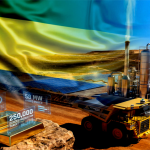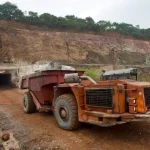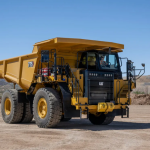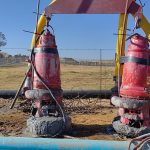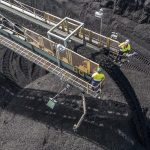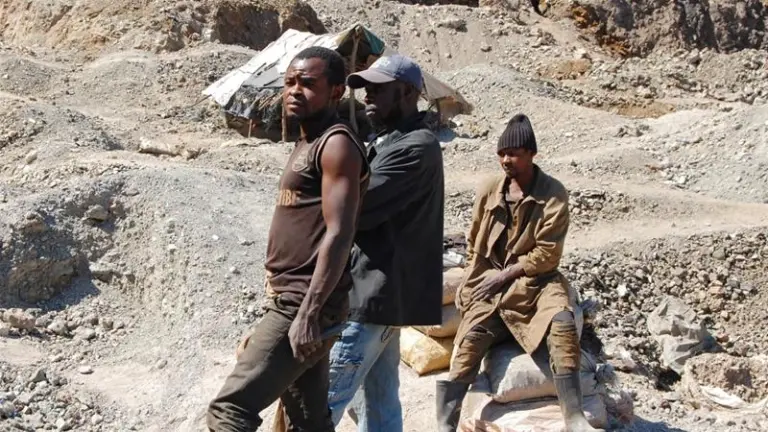A toxic combination of corruption and mismanagement in Democratic Republic of Congo’s revenues agencies and state mining companies is leaching a fifth of all mining revenues away from the state budget, Global Witness reveals today. Its report ‘Regime Cash Machine’ shows that at least $750 million went missing over three years – money that should have been used on vital public services for the Congolese people.
The findings come at a time of great political unrest in Congo as the embattled President Joseph Kabila clings to power. “Congo’s mining revenues should be helping to lift its people out of poverty, but instead huge sums are being siphoned away from the public purse and into unaccountable agencies headed up by people with ties to political elites,” said Pete Jones, Global Witness Senior Campaigner.
Congo is Africa’s top copper producer and the world’s biggest supplier of cobalt, which is used in the lithium-ion batteries that power electric cars and in the midst of a price boom. Despite this, Congo remains one of the poorest countries on the planet. ‘Regime Cash Machine’ analyses the latest data from the Extractive Industries Transparency Initiative (EITI), which reveals that between 2013 and 2015 over $750 million of payments by mining companies to Congo’s tax agencies and state mining companies never reached the national treasury. That figure rises to an astonishing $1.3 billion when other state bodies and a now-defunct provincial tax body are included.
“Some of the transactions we’ve looked at paint a picture of these agencies as a cash machine for Kabila’s regime”, said Jones. “If Congo is to avoid backsliding into conflict and chaos, real transparency and accountability is needed throughout the mining sector and in the tax agencies,” Jones said.
The findings come as Congo slips further into political uncertainty. The country is wracked by on-going political violence and unrest, following Kabila’s refusal to step down from power despite a constitutional directive. A key cause of discontent with the regime is the chronic lack of funding by the government in basic services such as schools, hospitals and roads.
“For years Global Witness and others have documented how revenues have leaked from Congo’s mining sector into offshore shell companies. Now we can see that even revenues paid to government bodies in Congo are going missing before they reach the treasury,” Jones added.
A key culprit in this diversion of funds is the main state-owned mining company, Gécamines. It receives more than a hundred million dollars annually from private companies in Congo’s mining sector, but appears to pass on just a tiny percentage of that to the state coffers. Gécamines’ most important and lucrative business relationships are with major international mining companies, which often have Western investors and pensions tied up in their profits and risks.
While its contributions to Congo’s public purse are small, Gécamines found enough money to pay off huge loans from Dan Gertler, a close friend of President Kabila. One of Gertler’s companies was repaid at the same time as Gécamines’ staff went unpaid and older loans remained outstanding.
Congo’s tax agencies are also to blame. Current law allows them to hold back a percentage of the fines they levy, which has led to predatory rent-seeking behaviour and fabricated fines as they seek to inflate how much they can keep as their own funds. All of this amounts to a form of legalised corruption.
The Congolese constitution states that every Congolese person has the right to enjoy the benefits of the country’s national wealth, and that the state has a duty to redistribute that wealth equitably and guarantee the right to development. To the vast majority of Congolese, those are empty words. Years of mismanagement and corruption within Gécamines, combined with a fragmented tax system, mean that the system is open to abuse by political elites seeking to extract cash from the mining sector.
“The only way to put an end to the siphoning off of these vital funds is to reorganise the fragmented tax system and to insist on full transparency from Gécamines. We need to know how much it earns, how much it pays to the treasury, and what it spends its money on,” said Jones.


